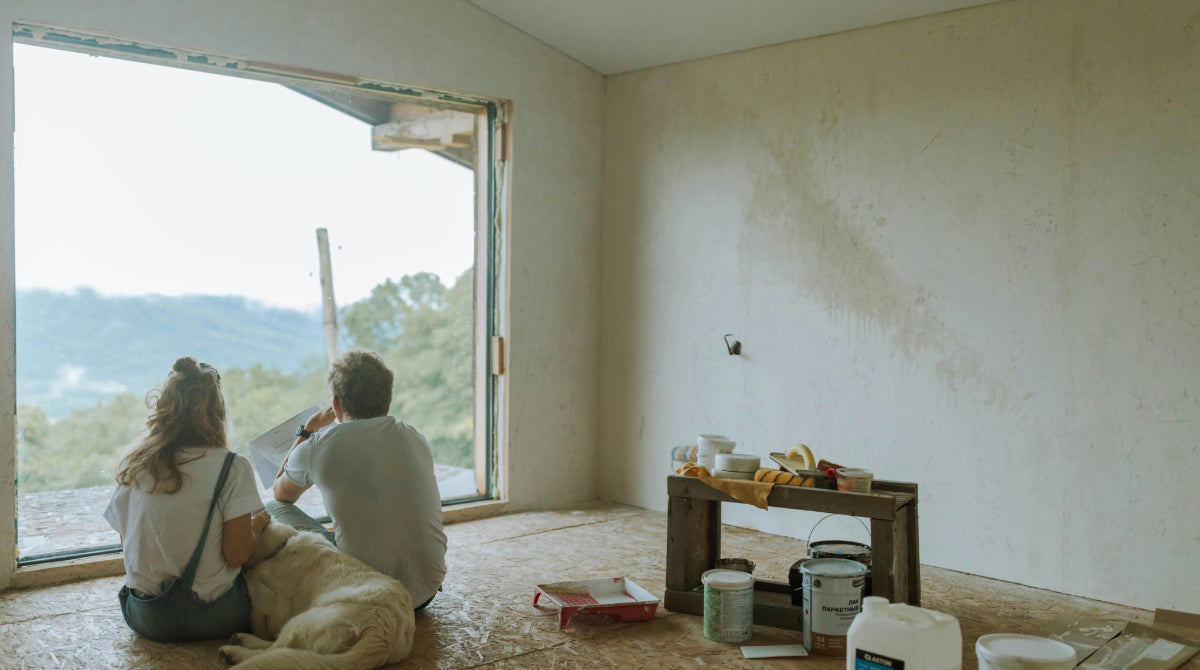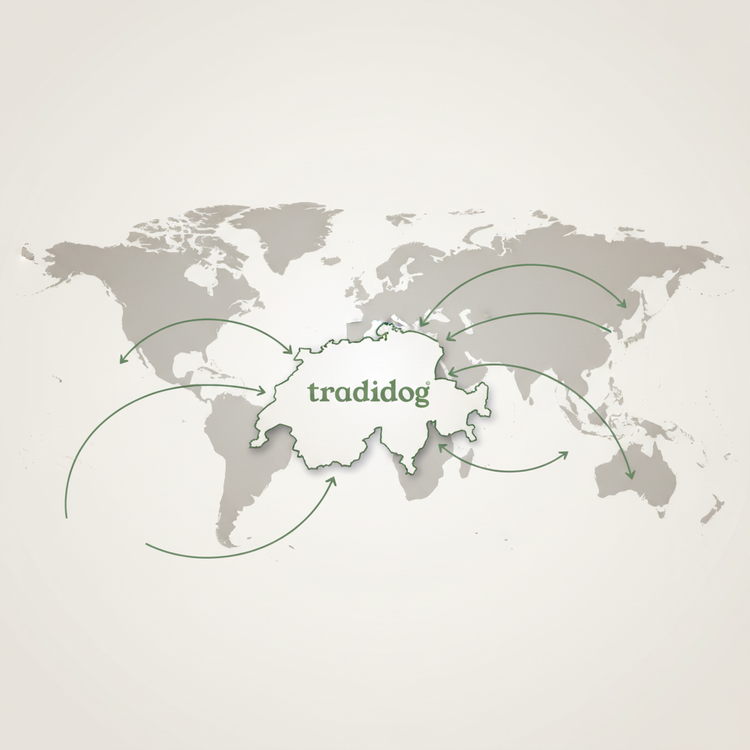
Dogs for Beginners | Part 1 – Self-Reflection
This is the start of our exciting series "Dogs for Beginners." Are you considering getting a dog for the first time? The decision to bring a four-legged friend into your life is exciting, but it also brings with it some challenges. Especially as a beginner, it can be difficult to think of everything before and during the purchase. We'll help you by teaching you step by step everything you need to know about dogs – from the first thought of a four-legged friend to a harmonious everyday life with your new best friend.
In Part 1, we begin with the topic of self-reflection. What is it, and why can self-reflection be important for me when it comes to buying a dog?
1. Why self-reflection?
At the beginning, there's little focus on the topic of dogs. It's much more important that you know why self-reflection is an important part of buying a dog. Self-reflection helps with the following points, among others:
Promote self-confidence:
- Through self-reflection, you'll recognize whether you're up to the challenge of caring for a dog. You'll be able to better assess your own strengths and weaknesses and thus approach dog ownership with more confidence.
Improved decision making:
- Reflection helps you make rational decisions instead of acting impulsively. You can consider which dog breed truly fits your lifestyle and whether you have enough time and resources to provide a good home for a dog.
Raise a sense of responsibility:
- Through self-reflection, you'll become aware of the long-term responsibility that comes with owning a dog. This helps clarify emotional and practical considerations and ensure that you can meet your dog's needs in the long term.
Develop realistic expectations:
- Self-reflection will help you gain a clear understanding of what it means to own a dog. You'll be able to better assess the daily tasks you'll face and the challenges you might encounter, such as time spent on walks, training, or vet visits.
Check emotional stability:
- A dog requires patience and calm, especially in difficult situations such as illness or training issues. Self-reflection allows you to honestly assess whether you are able to handle stress and frustration without putting a strain on your relationship with your dog.
Recognize long-term commitment:
- Dogs are a long-term commitment, often lasting for decades. Self-reflection can help you consider whether your lifestyle is stable enough to accommodate a dog in the long term—in terms of work, relocation, or potential family planning.
2. Questions for self-reflection before purchasing
The points explained in point 1 give rise to very diverse and interesting questions that you, as a future dog owner, should definitely answer. We list some of them below:
- Do I have enough time to take care of a dog's daily needs (walks, feeding, grooming, training)
- Am I prepared to take responsibility for a dog for the next 10 to 15 years, even if my lifestyle changes?
- Do I have the patience and emotional stability to deal with the challenges of dog ownership (stubbornness, illnesses, training problems)?
- Does a dog fit into my current lifestyle and living situation (e.g. apartment vs. house, urban vs. rural)?
- Which dog breed best suits my energy level and my expectations of the dog (e.g. sporty, calm, child-friendly)?
- Can I afford the financial responsibilities of owning a dog, including food, grooming, veterinary fees, and unforeseen expenses?
- Am I prepared to adjust my leisure and travel plans accordingly or find solutions if my dog cannot come with me?
- Do I have support in my social circle (family, friends, neighbors) if I am unable to work or need short-term care?
- Am I willing to make the necessary efforts for good dog training and socialization (e.g. dog school, training at home)?
- Am I aware that a dog not only brings joy, but also work and responsibility, especially during stressful times?
- How do I deal with stress, frustration, and unexpected challenges? Am I able to remain calm and patient?
- Can I assess in the long term whether I have enough space and time for the needs of a dog, even if something changes in my life (new job, moving, children)
These are just a few of the most important questions you should ask yourself before making a purchase. Nevertheless, they will give you a rough idea and guide you in your self-reflection process.
Conclusion
Self-reflection is not only a valuable skill in life for making conscious and responsible personal decisions, but it is also crucial when buying a dog. It helps you realistically assess your strengths, weaknesses, and needs, identify long-term commitments, and prepare for potential challenges. In the case of dog ownership, it ensures that you have the responsibility, time, and resources to provide a good home for a dog. This makes the decision to get a pet a conscious and well-considered step—for a happy relationship.
Tradidog motto: Always have enough self-reflection and the Tradidog blog for information!
Click here to go to part 2.
Share

